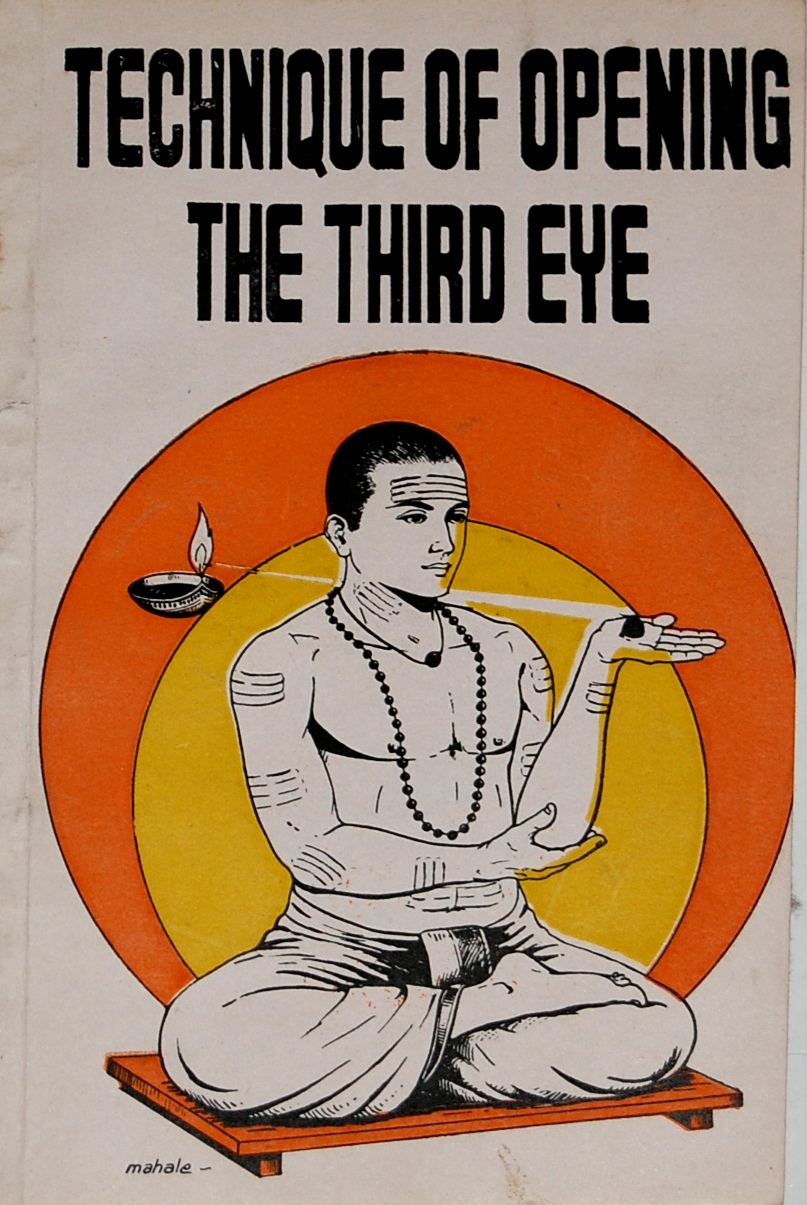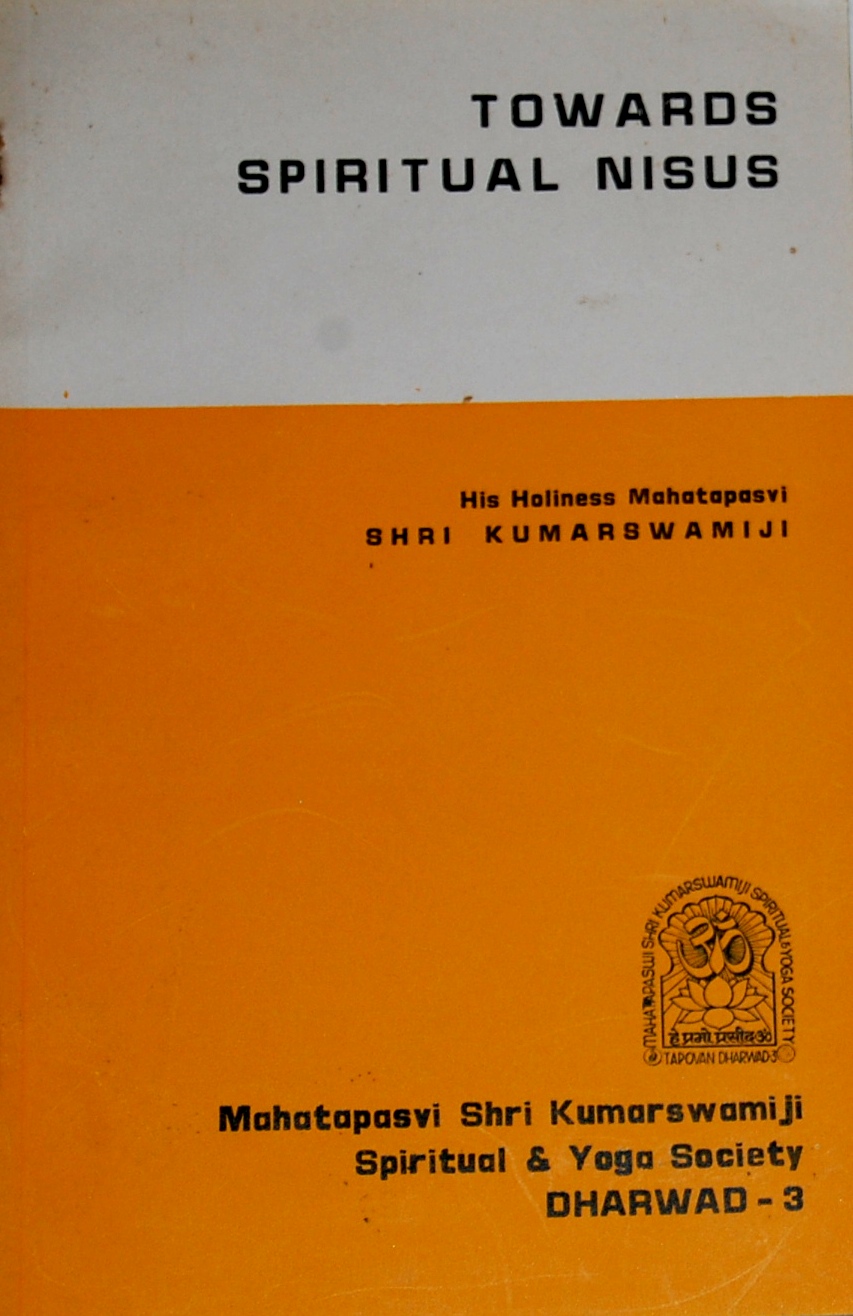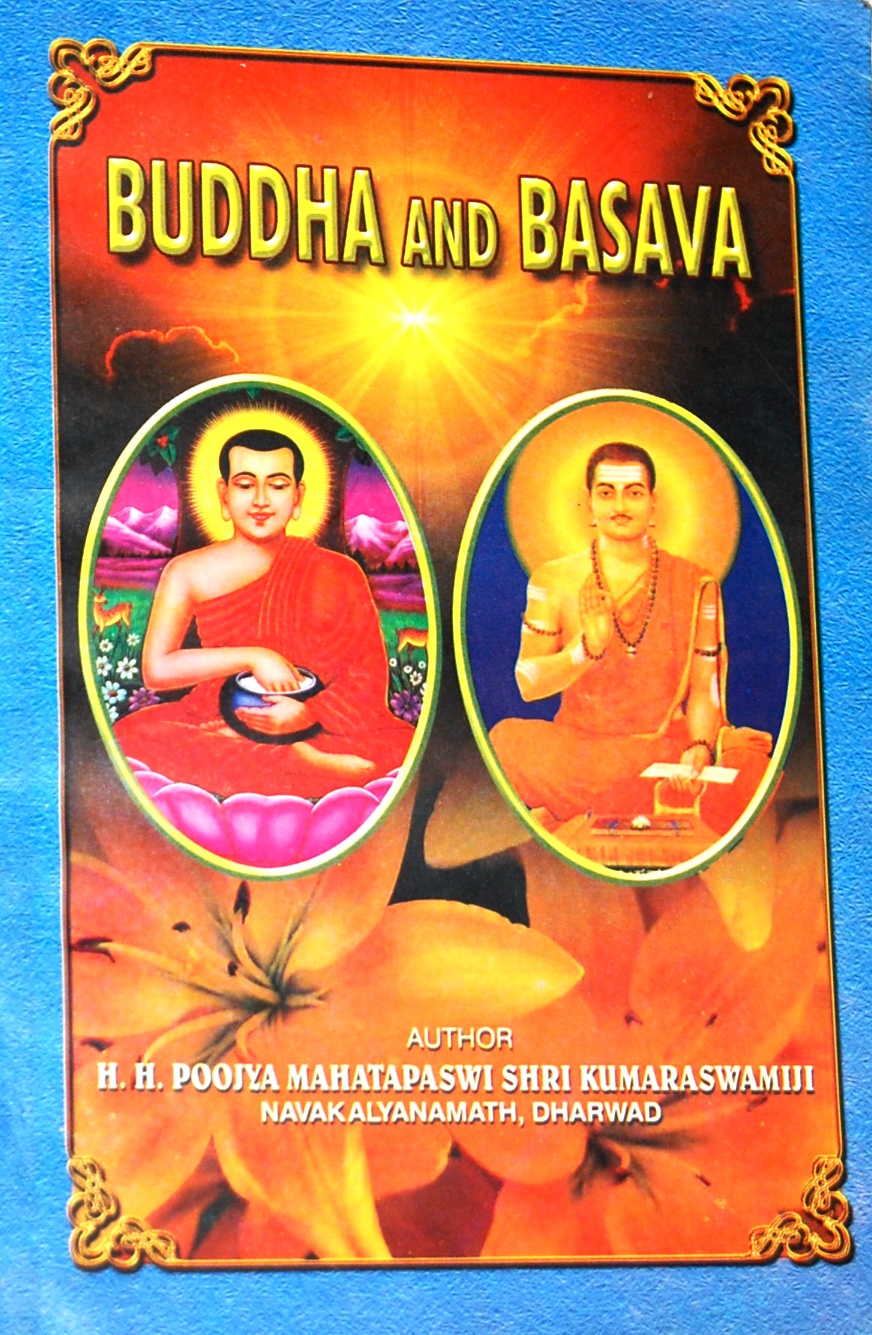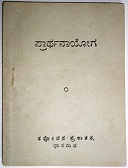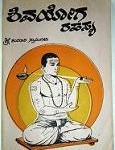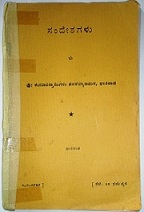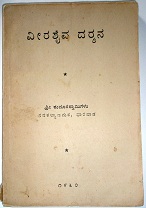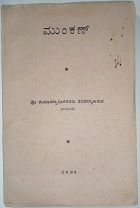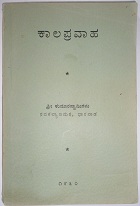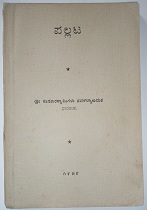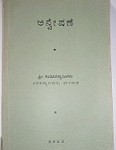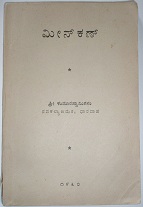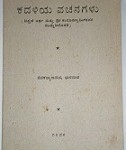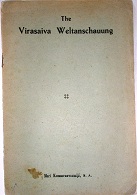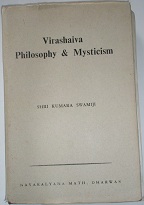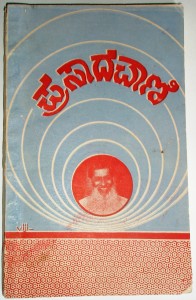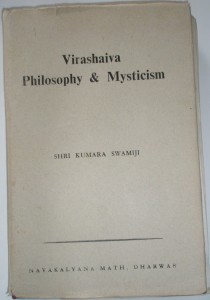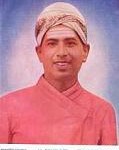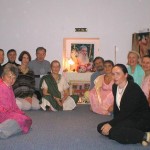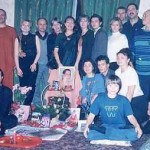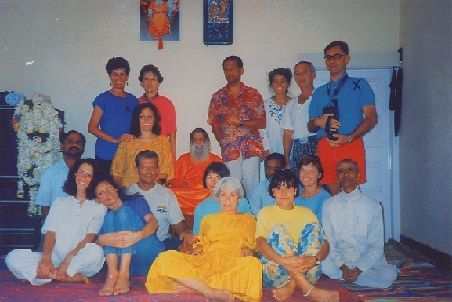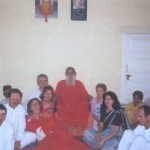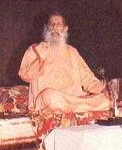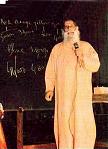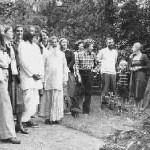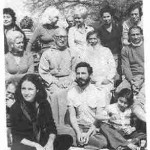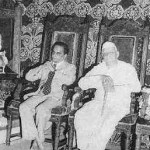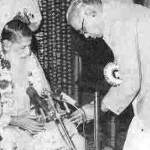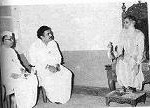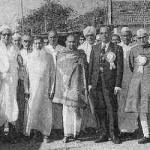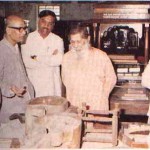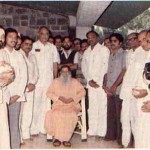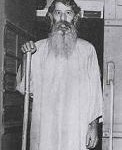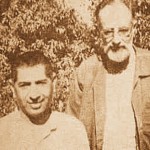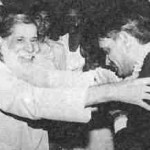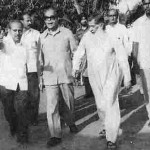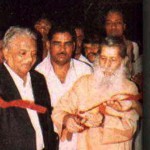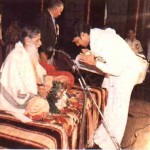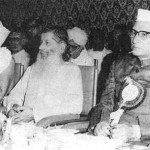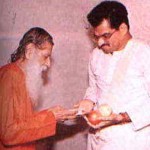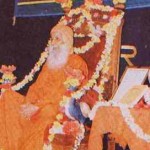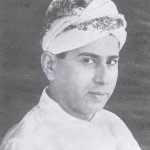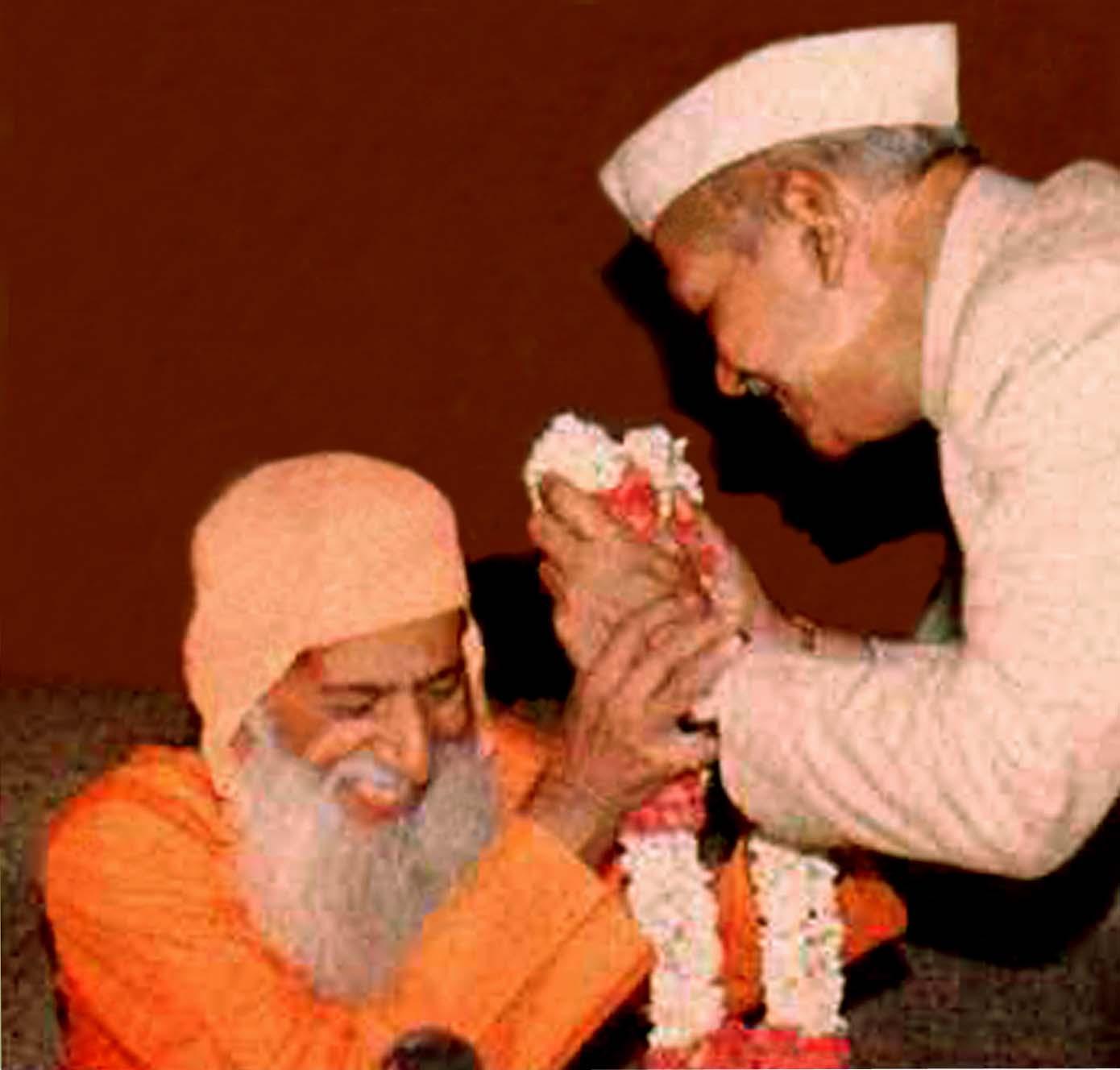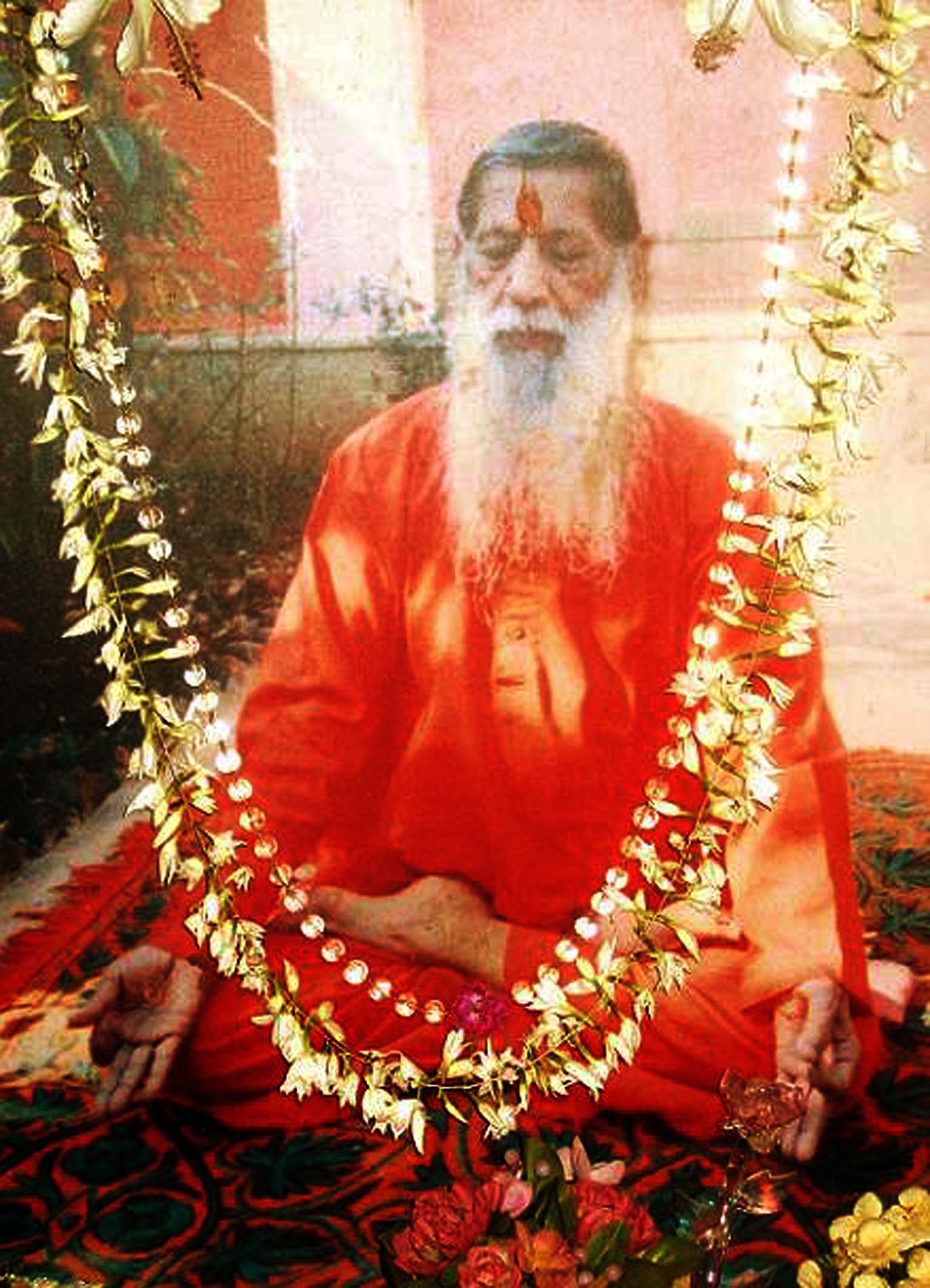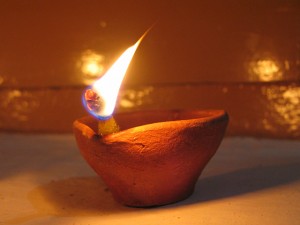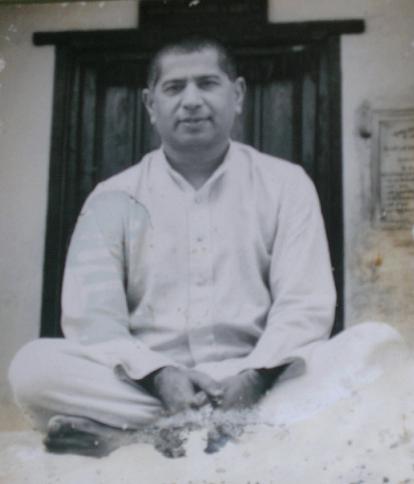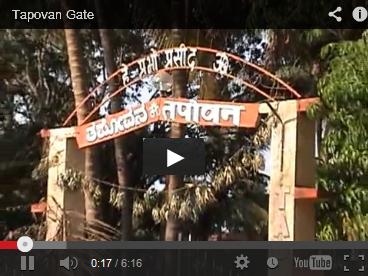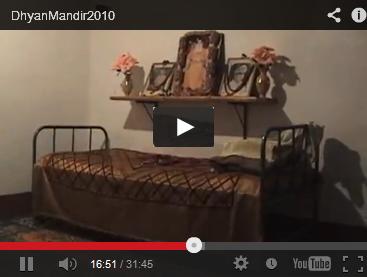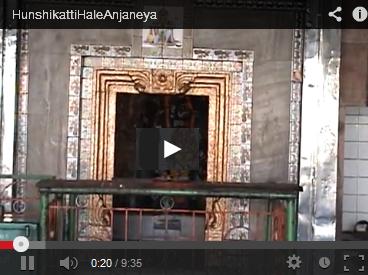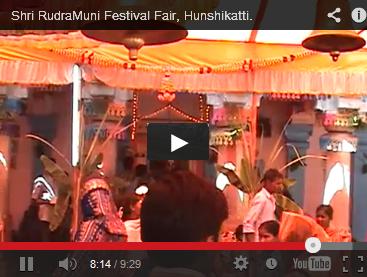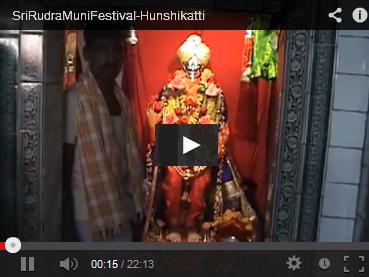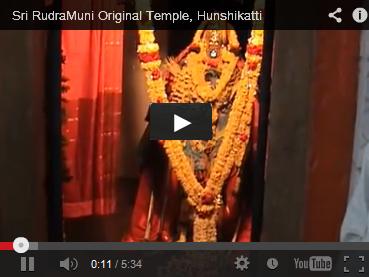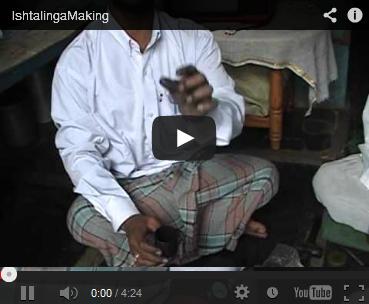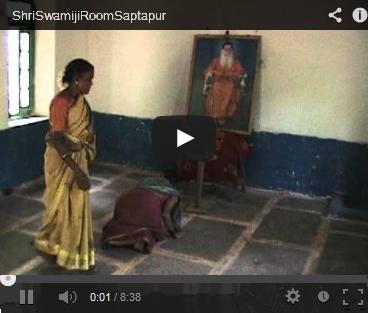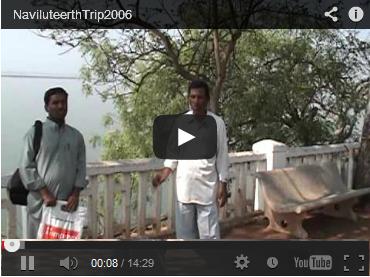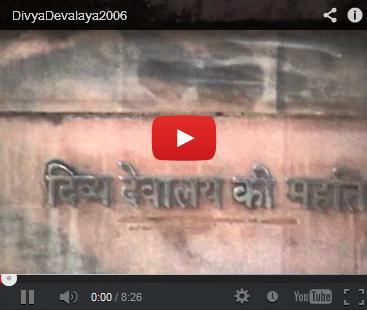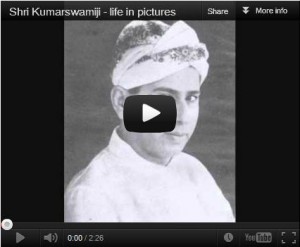Basava flourished in the 12th century in Karnataka. He was a Prime Minister to King Bijjala who ruled from 1157 to 1167 over Kalyana, a city of historic importance. Basava was indeed a great prophet; for in him we find the combination of rare qualities. He was a mystic by temperament, an idealist by choice, a statesman by profession, a man of letters by taste, a humanist by sympathy and a social reformer by conviction.
By the middle of the 12th century he sponsored a movement called Lingayatism or Virashaivism which wrought many changes in the cultural life of India. The movement was not a revivalistic but a revolutionary one since it did not revive the cult of rites and rituals. It introduced a new method of worshipping God in the form of Ishtalinga. It gave freedom of thought and action and free scope for discussion in religious matters. It taught not merely dignity of manual labour but it inculcated into men the spirit of doing any menial work as worship. Thus it gave a great fillip to the development of arts and crafts of the land. It liberated the community from the shackles of groundless fears and irrational superstitions, such as would manifest in the observation of omens and religious pollutions. It did away with caste distinctions and priest-craft and tried to uplift and educate the untouchables. It gave sanctity to the family relations and raised the status of women. It produced a literature of considerable value and enriched the Kannada language of the country. It made the community more humane and at the same time more prone to hold together by mutual toleration. It brought about a synthesis between head, heart and hand. It tended in all these ways to rise the nation generally to a higher level of capacity both of thought and action.
The movement of reformation inaugurated by Basava had its far reaching effect upon the social life of the nation. So long as we view Basava in the context of Veerashaivism, we miss his personality and his profound teaching. Though he was born in Karnataka, he belonged to the whole of mankind for his heart relented for the poor and downtrodden everywhere. He taught us one of the main principles of Democracy by saying that the roots of social life are embedded not in the cream of society but in the scum of society. It is his witty saying that the cow does not give milk to him who sits on its back but it gives milk to him who squats at its feet. With this wide sympathy, he admitted high and low alike into his fold. This remarkable admission carried its influence far and wide and stirred the stagnant waters of the land. The caste system is the negation of democratic society. But the Anubhav Mantapa established by Basava laid down the foundation of social democracy. A democratic society is one in which all enjoy social rights and privileges without any barriers of class distinctions. Birth, wealth, caste or creed do not determine the status of man. This means faith in the dignity of man and the belief that a common man is as good a part of society as a man of status.
Basava believed that man becomes great, not by his birth but by his worth to the society.
– OM SHANTI | OM SHANTI | OM SHANTIHI –
These paragraphs on ‘Mahatma Shri Basaveshwar’ are taken from H.H.Mahatapasvi Shri Kumarswamiji’s book, ‘Prophets of Veerashaivism’.








